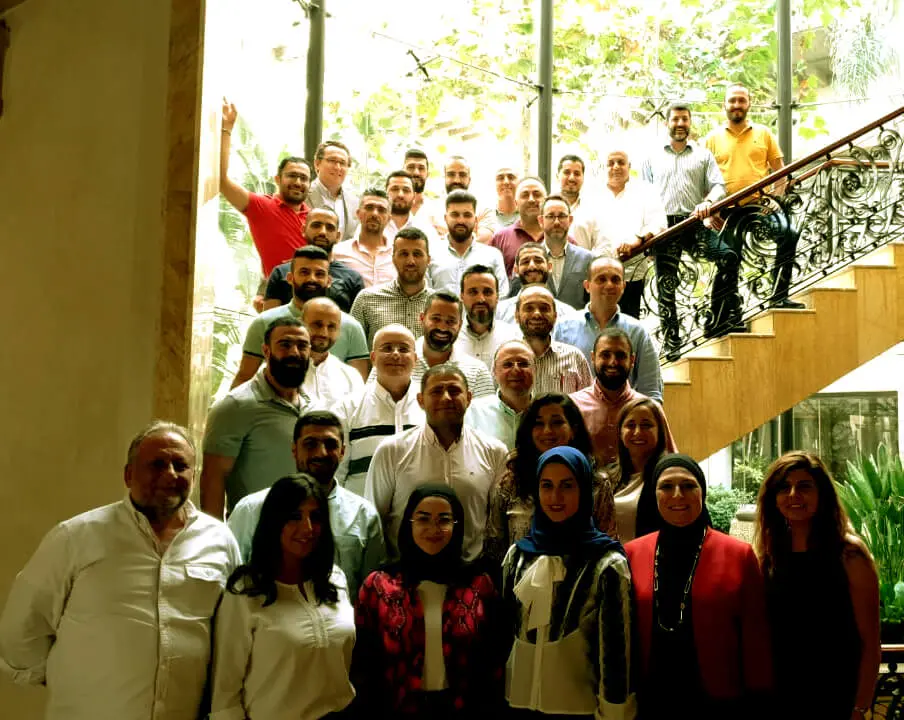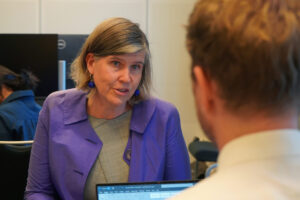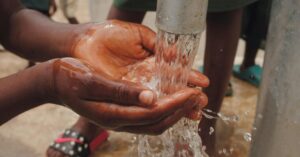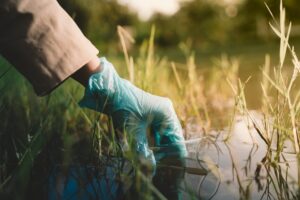Training of trainers on WASH BAT for Lebanese Water Establishments
To assist the Lebanon Water, Sanitation, and Hygiene (WASH) Sector expand its knowledge of useful tools and catalyse sustainable WASH sector performance improvements, UNDP-SIWI Water Governance Facility was recently invited by UNICEF to moderate a Training of Trainers (ToT) in Lebanon. The workshop focused on the WASH Bottleneck Analysis Tool (WASHBAT) gathering approximately 40 practitioners who are now trained to facilitate and support a full replication of nationally led and owned WASHBAT analyses.
The WASH-BAT tool was created and developed by UNICEF, with inputs from SIWI and other global sector partners. By using the tool, it is possible to systematically identify factors (bottlenecks) that hinder sustainable WASH service delivery and make it difficult to reach WASH targets. Stakeholders can then define activities to remove the root causes of the bottlenecks and subsequently develop a government endorsed action plan for implementation of the activities.
In focus during the ToT workshop was both accountability mapping, using the accountability triangle (drawing relationships between state, users, and service providers in order to understand roles and responsibilities), and the WASHBAT. Participants were able to simulate exercises to identify a) the ideal roles and responsibilities of different actors within the sector and b) the bottlenecks that hamper optimal sector development.
On the final morning, participants re-grouped into their respective regions and developed regional roadmaps together with planning for the implementation of the full WASHBAT workshops over the coming months. The roadmaps detailed the steps, timeframes, responsible entities, stakeholders involved, and resources required in preparation for the launch of regional workshops. In turn these professionals are now trained and qualified to replicate the full workshop and analysis independently at both national and regional level, without the need for external support from UNICEF or SIWI as a result of the competences learned during the training, In what is soon to be outlined, the national WASHBAT will very much rely on these trainers with the aim of directly inputting the outcomes into the Lebanon National WASH Strategy.
More information can be found here: http://www.washbat.org
WASH BAT is a process and a tool that promotes multi-stakeholder dialogue to i) identify main bottlenecks in the WASH sector and sub-sectors-at all Rural/Urban and WASH in Institutions, and to ii) develop a coherent action plan through identification and prioritization of activities to remove the bottlenecks. The overall aim of the process is to strengthen the sector strategy/plans and elevate the efficiency of WASH sector resources to achieve more sustainable and equitable outcomes








